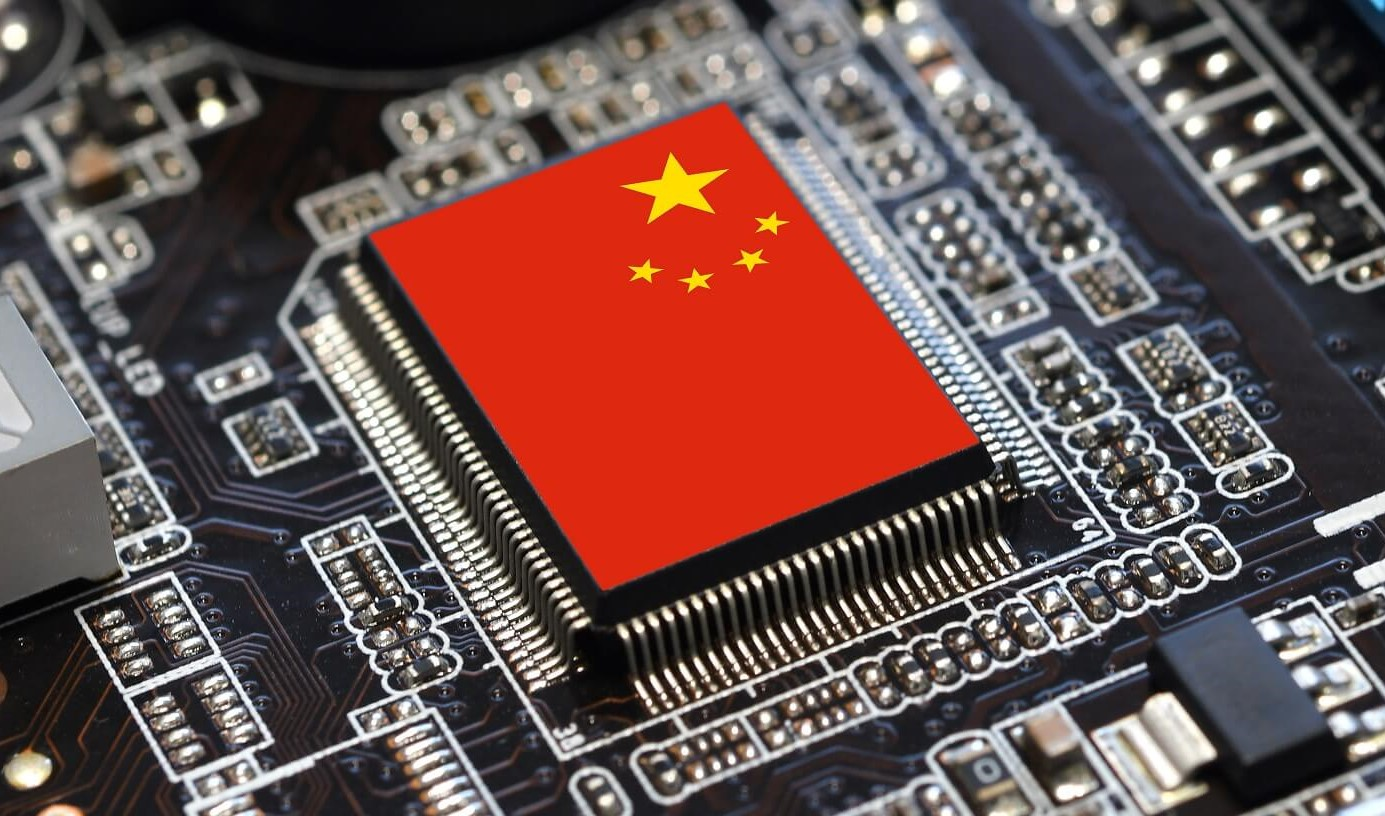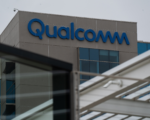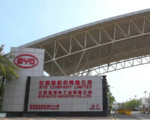Biden Administration Launches Probe into Chinese Legacy Chips, Prepares to Transition to Trump

In its final weeks, the Biden administration has initiated a trade investigation targeting older Chinese-made semiconductors, known as “legacy” chips, which are widely used in everyday products such as automobiles, home appliances, and telecommunications equipment. The probe, under Section 301 of the Trade Act of 1974, aims to counter China’s state-supported semiconductor expansion, which U.S. officials argue undermines global competition by offering artificially low-priced chips.
The investigation, announced by U.S. Trade Representative Katherine Tai, is designed to protect American semiconductor producers and those in allied nations. The effort will be handed over to the incoming Trump administration, which could use it to impose additional tariffs of up to 60% on Chinese imports, aligning with Trump’s campaign promises to take a tough stance on China.
Outgoing President Joe Biden has already implemented a 50% tariff on Chinese semiconductors, effective January 1, and imposed stricter export controls on advanced chips and chipmaking tools. The Biden administration has also highlighted alarming findings, with Commerce Secretary Gina Raimondo reporting that two-thirds of U.S. products using chips contain Chinese legacy semiconductors. Moreover, half of U.S. companies, including some in defense industries, are unaware of their chips’ origins.
China’s commerce ministry denounced the investigation as “protectionist,” warning of potential disruptions to the global chip supply chain and threatening retaliatory measures. Meanwhile, Tai accused Beijing of seeking global dominance in the semiconductor industry, stating that China’s practices could harm market-oriented competitors.
PUBLIC HEARING AND TIMELINE
The probe will accept public comments starting January 6, with a public hearing scheduled for March 11-12. The investigation is expected to conclude within a year. The framework for this probe mirrors earlier Section 301 investigations that led to the imposition of tariffs on $370 billion worth of Chinese goods during the Trump administration, igniting a protracted trade war.
The Information Technology Industry Council, a U.S. tech trade group, has expressed concerns about the investigation’s potential economic ramifications. The group urged both the Biden and Trump administrations to approach the inquiry collaboratively and objectively, particularly given the complexities of the semiconductor supply chain and the risks associated with unilateral actions during a presidential transition.
IMPACT ON DOWNSTREAM GOODS
The investigation will examine not only the direct impact of imported legacy chips but also their role in downstream components and products critical to industries such as defense, automotive, and medical devices. It will also assess China’s production of silicon carbide substrates and wafers essential for semiconductor manufacturing.
The COVID-19 pandemic highlighted vulnerabilities in global semiconductor supply chains, leading to disruptions in industries like automotive and healthcare. In response, the U.S. has allocated $52.7 billion to bolster domestic semiconductor manufacturing, research, and workforce development.
The Biden administration’s last-minute actions set the stage for the Trump administration to shape the future of U.S.-China trade relations, particularly in the high-stakes semiconductor industry, as Trump has vowed to prioritize American dominance in critical technologies.





















